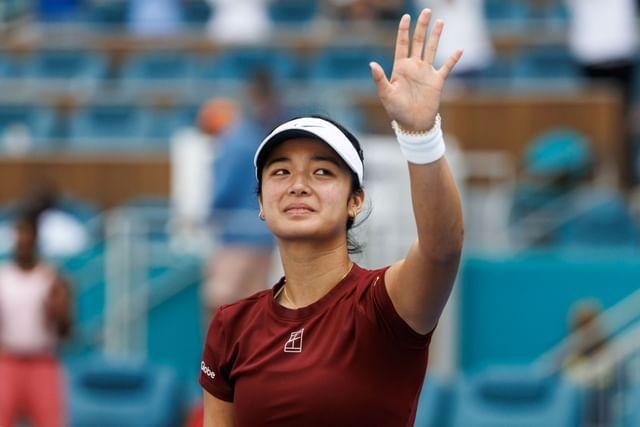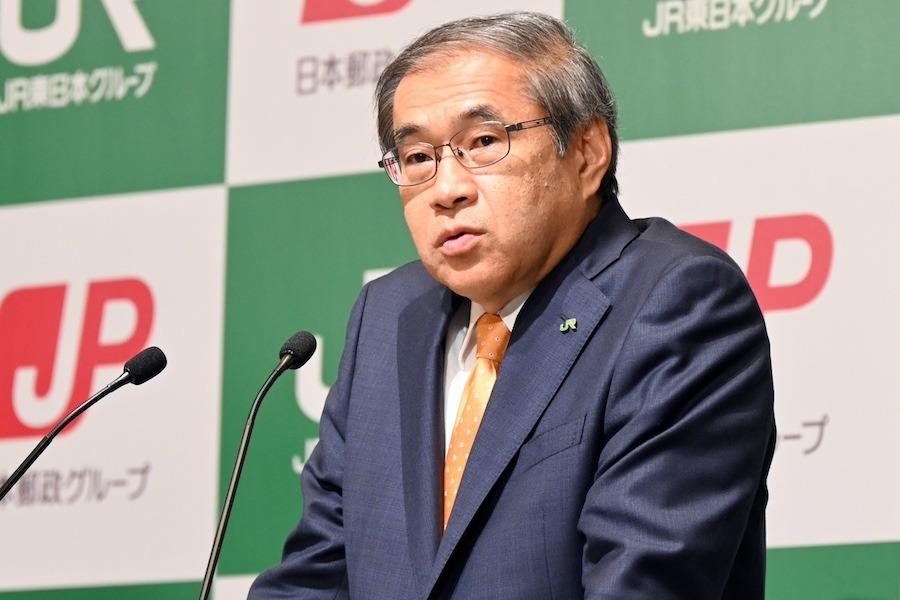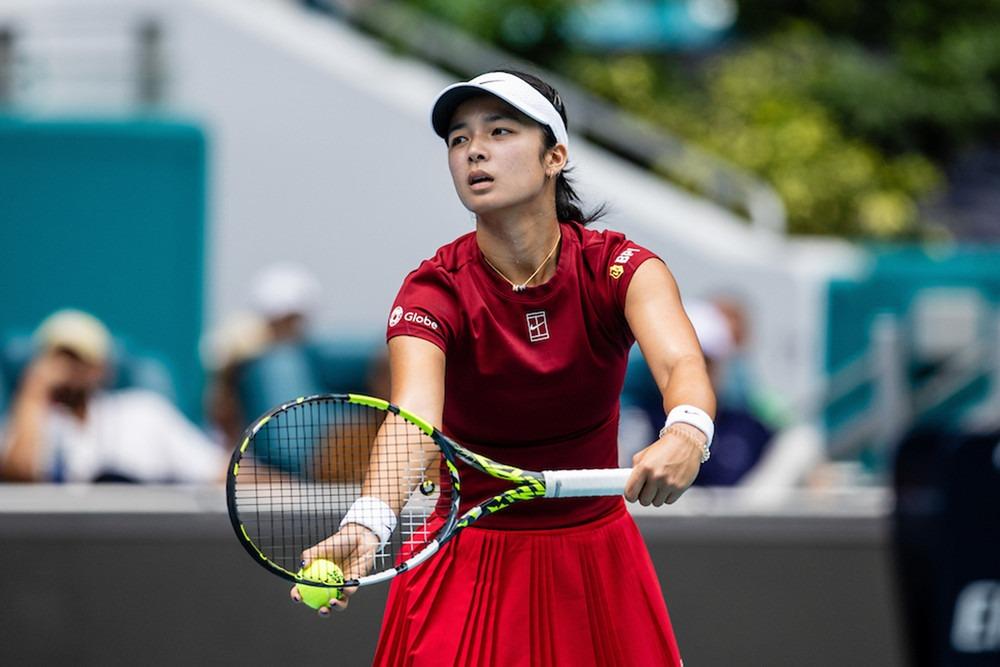When Yuji Fukasawa, President of the Japan Tennis Association, took the stage at Tokyo’s glittering awards night, no one expected what came next. His words, both shocking and touching, have since reverberated across the tennis world — a declaration of admiration for the Philippines’ brightest star, Alexandra Eala.
Before a stunned audience, Fukasawa announced that Japan would gift Eala a luxurious $5 million villa in central Tokyo. The gesture was not merely symbolic — it was an invitation for her to become an “honorary citizen” of Japan, recognising her resilience and humility that embody the samurai spirit.
The hall erupted in a mix of laughter and disbelief. Even seasoned players and officials found themselves caught between awe and curiosity. Cameras flashed, and whispers filled the air — was this a genuine offer or a poetic tribute to a young woman who had redefined what grace under pressure means?
Eala, visibly taken aback, stood motionless for a moment. Then, with the composure of a true champion, she delivered twenty-one unforgettable words:
“I am truly grateful, but I probably won’t be able to accept this great gift; many people need it more than me.”
Her answer silenced the hall — only to be followed by an explosion of applause. Some cheered; others fought back tears. Even Fukasawa himself was seen wiping his eyes, visibly moved by her modesty. It was a moment that transcended sport — a reminder that integrity can outshine even the brightest spotlight.
In Japan, Eala’s response has been celebrated as the epitome of bushidō — the samurai code of honour. Newspapers dubbed her “the girl with a warrior’s heart,” and social media exploded with admiration. Fans compared her humility to that of ancient heroes, calling her “a modern samurai in sneakers.”
For a Filipino athlete to be praised in such deeply Japanese terms is rare. But Eala’s story bridges cultures — her fighting spirit, discipline, and respect resonate with both Japanese tradition and Filipino resilience. It’s this blend that makes her more than just a tennis icon; she’s a symbol of shared Asian pride.
While others might have seized the lavish gift as a mark of success, Eala’s refusal reflected a maturity beyond her years. Her gesture reminded the world that greatness isn’t defined by wealth or privilege — but by character, empathy, and the quiet strength to say no when the world expects yes.
Later, in a televised interview, Fukasawa confessed he had never met an athlete who embodied Japan’s values so naturally. “Eala’s heart belongs to humanity,” he said. “If she ever accepts the honorary citizenship, it will be because she has already earned the nation’s heart.”
In Manila, the story dominated headlines. Schools discussed her speech in ethics classes; athletes shared her clip as a lesson in humility. Even Japan’s tourism ministry hinted that the villa might become a “symbolic residence” — a space dedicated to youth leadership and sports diplomacy in her honour.
What began as a surprising award ceremony evolved into a global conversation about sportsmanship. In an age where fame often overshadows values, Eala’s composure offered a refreshing contrast — one that will inspire young athletes to remember that victory is not just measured in trophies.
Alexandra Eala’s story is still being written. Yet, at just the start of her career, she’s proven that tennis is more than a game — it’s a platform for humanity, humility, and hope. In every sense, she truly is the embodiment of the samurai spirit — tenacious, humble, and unbreakably strong.